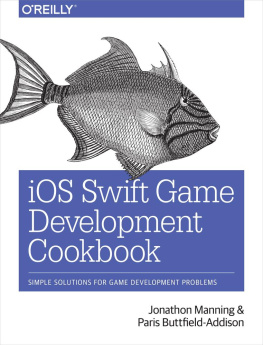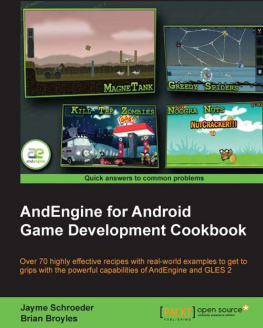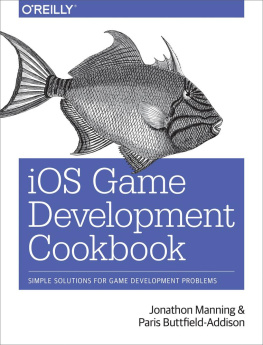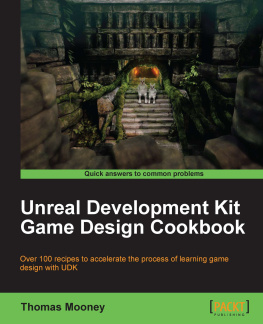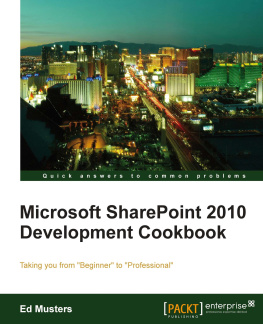About the Reviewers
Jason Mitchell is a passionate .NET developer and an independent game development enthusiast. He has worked with Microsoft's XNA Game Studio since its initial release and has experience using it to create games on Windows, Xbox 360, and Windows Phone.
Kenneth Dahl Pedersen , now aged 35, has been programming basically since he got his first computer at age 6, starting on the Commodore 64, with small programs that could do next to nothing. This quickly evolved when he migrated to the much more powerful Amiga 500 with some demos and light applications, and finally culminated when he got his first PC.
Since then, game development has held his interest in a vice grip, and Kenneth has studied numerous programming languages and APIs for this purpose. His repertoire includes C/C++, OpenGL, DirectX, C#, WPF, WCF, MDX, and XNA.
With the appearance of readily-available, high-end engines, such as Unreal Development Kit, Kenneth found another interest to keep him well-sated in his thirst for game development knowledge, UnrealScript, providing another mountain top to climb.
Kenneth is a Systems Analyst and Developer. Originally from Denmark, where he still works, he now lives in Sweden with his wife and baby daughter.
Other than being with his wife and daughter, he uses his spare time for game development, seeking new knowledge and dabbling in 3D visual arts in applications, such as 3D Studio Max and ZBrush. And of course, Kenneth is an avid gamer. After all, you cannot make games if you don't enjoy playing them!
First of all, I would like to thank my wife, Nina, for the patience she's shown me while I was doing this review. I have probably not been as helpful around the house as I should have been, while this was going on.
My beautiful daughter, Nadia, for always giving me a reason to smile and laugh.
And last, but certainly not least, Michelle Quadros, for believing in me and giving me this incredible experience and opportunity to do a tech review of this awesome book on XNA.
My advice to you, the Reader: Read it, cover-to-cover. You will not regret it, as it contains some absolute treasures of tips and techniques for your own game projects.
www.PacktPub.com
Support files, eBooks, discount offers, and more
You might want to visit www.PacktPub.com for support files and downloads related to your book.
Did you know that Packt offers eBook versions of every book published, with PDF and ePub files available? You can upgrade to the eBook version at www.PacktPub.com and as a print book customer, you are entitled to a discount on the eBook copy. Get in touch with us at for more details.
At www.PacktPub.com, you can also read a collection of free technical articles, sign up for a range of free newsletters and receive exclusive discounts and offers on Packt books and eBooks.
http://PacktLib.PacktPub.com
Do you need instant solutions to your IT questions? PacktLib is Packt's online digital book library. Here, you can access, read and search across Packt's entire library of books.
Why Subscribe?
- Fully searchable across every book published by Packt
- Copy and paste, print and bookmark content
- On demand and accessible via web browser
Free Access for Packt account holders
If you have an account with Packt at www.PacktPub.com, you can use this to access PacktLib today and view nine entirely free books. Simply use your login credentials for immediate access.
Preface
The Microsoft XNA 4.0 Game Development Cookbook is all about what happens once you've completed the various introductory tutorials, and want to create something with a little more substance.
In this book, you'll find examples of how to flesh out some of the more complex, or initially less intuitive, pieces of what goes into a full-blown game.
Not sure what it takes to add water to your Xbox 360 Indie game? Confused about maps for your Windows Phone game? Curious over what it takes to get started using Kinect with XNA? Then this book may just be for you.
What this book covers
, Applying Special Effects: Discover the principles behind some common special effects used in big budget titles, and add them to your own games.
some of the tricks behind creating landscapes in both two and three dimensions.
, Procedural Modeling: Explore what's involved in creating models in code, instead of using an external 3D modeling package.
, Creating Water and Sky: Add depth to your worlds with some virtual atmosphere.
and interact in intelligent and interesting ways.

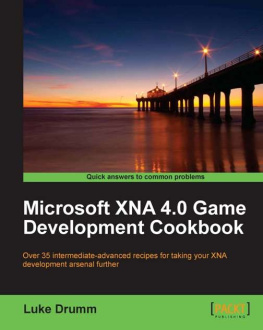

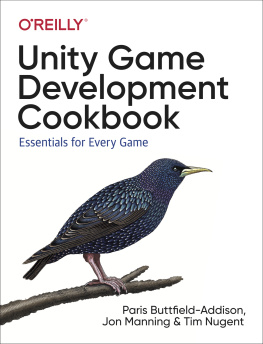
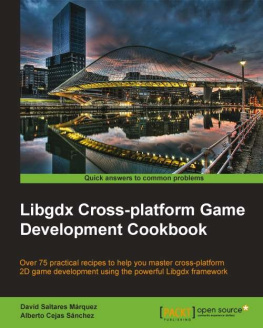
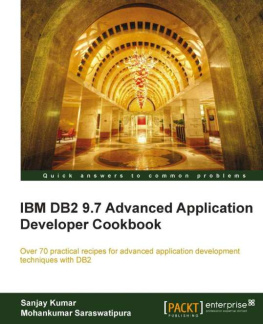
![Thomas Mooney [Thomas Mooney] - Unreal Development Kit Game Design Cookbook](/uploads/posts/book/119425/thumbs/thomas-mooney-thomas-mooney-unreal-development.jpg)
